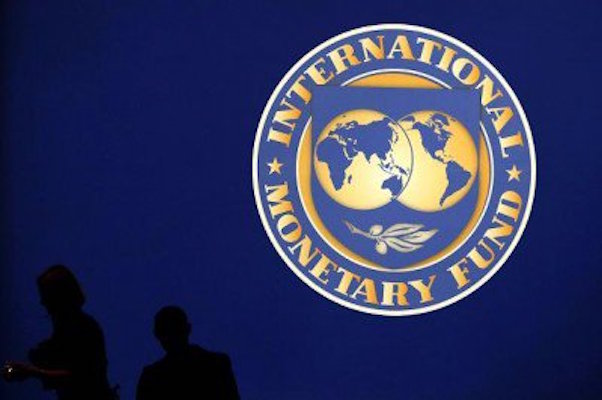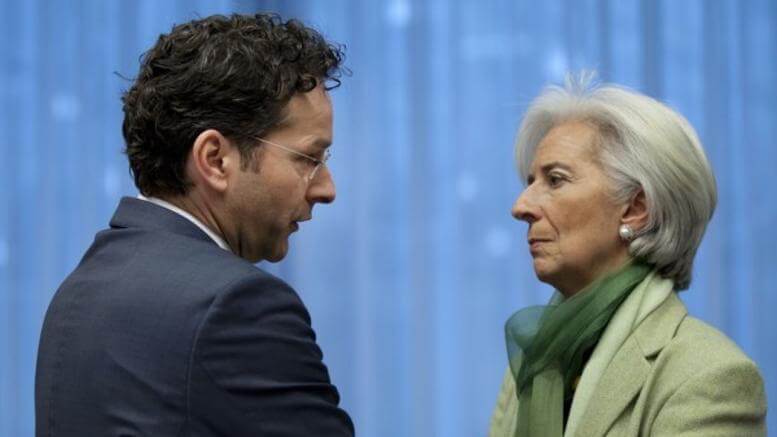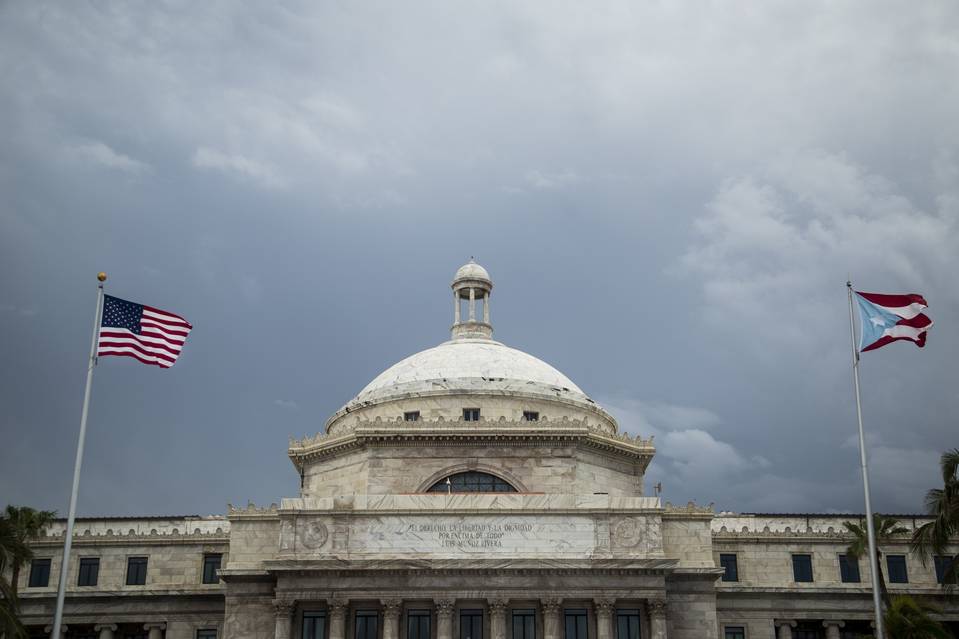According to data released by the Bank of Spain, the Spanish public debt exceeded in the first quarter of 2016 100% of Gross Domestic Product (GDP), for the first time in more than a century. Between January and March, the government accumulated a debt of 1.095 billion euros. According to this data, the state must already have more money than the wealth generated by Spain. This is without going into the question of the likely valuation of the national wealth (GDP) of Spain for years, and some economists estimate it being 20% lower than the official data based on indicators of activity, taxation and employment.
Despite the daily spewed out propaganda from the mass media, amplifying the elite’s discourse, who crouch behind their transnational agencies, rating agencies, central and private banks, political parties, etc., a recovery process will never get underway unless the amount of total debt of Spain is drastically reduced.
As many analysts and experts have said, the current crisis in the system of the Spanish economy is part of a larger global systemic crisis, a crisis in which these elites decided one day their outrages must be paid for by society as a whole, with the acquiescence of the political class, so that, what was a private debt crisis eventually became a sovereign debt crisis triggered in most of the countries of the ultra-liberal and capitalist West we “enjoy”.
A real scorched earth policy is in full swing, and the results are increasingly visible. With the increasing poverty, the deep wounds left by the long crisis in Spain has meant that 28.6% of Spaniards are at risk of poverty and social exclusion, according to the Spanish National Statistics Institute.
It is obvious to anyone who does not intend to deceive using liberal songs that the volume of Spanish debt is not payable unless they sweep away the life expectancies that Spaniards have and still have within this hallucinated economic paradigm. The evolution of the debt since the beginning of the crisis has been exponential and the largest in the EU, in such a way that it has already reached a limit where it is impossible to return. Sosooner or later they will have to “restructure”, suspend the corresponding payments, and negotiatethe cutting of debts with creditors.
These were the decisions of the neoliberal governments of the PSOE and the PP, which blew up public debt and austerity policies and provoked a pyrrhic “economic growth” and a reduction in tax revenues, which in turn made it necessary to increase financing through more debt in order to balance budgets.
To make matters worse, the impositions of Brussels about limiting the fiscal deficit and to have a primary surplus has caused governments to play the card of austerity (as little as possible with respect to their privileges, as much as possible with regard to the people), an austerity that means fewer public investments in infrastructure, public health, in education, in research, while, for example, taxes are increased.
To justify the sacrifices imposed on the people, our corrupt politicians explain the need for their austerity policies because of high debt, blaming it on the increaseon public spending, when it is not a social spending problem, but spending to pay the debt they are directly responsible for.
This perverse discourse of this wicked system is also seen in the fact that private debt has been reduced almost in identical proportion to the increase of public debt, especially the banking sector, which serves the “pundits” of academics and television, and politicians in the pay of financial groups to justify their demands for more cuts in public spending due to the “inefficiency” of the public sector.
But it was precisely the public money that has saved private banks with the complicity of the central banks and governments, who devoted themselves to underwrite and guarantee much of the private debt of banks and other sectors. Now, the creditors of the Spanish debt, largely Spanish and foreign banks responsible for their increase, and the sacrosanct “financial markets” put pressure on public finances to rescue their unpaid funds.
Is there still someone who does not know that the political and economic elites are far from the national and popular interests, and work only for its exclusive benefit?
It is time to denounce the clearly illegal nature of most of the public debt, identifying how and why it has generated and who their leaders are, to make them pay the many costs involved in the socialization of bank losses.
This, speaking in a strictly economic sense, having identified through an audit of public debt, has been created and used against the interests of the citizens of the nation and is therefore illegitimate. A debt that Spain should not pay.
Here, all the debt of public administrations is not intended to come from own expenses, but to be paid back via a third party, usually the backs of citizens without their consent, rendering public works useless, or all that has abusively exceeded what should be included, reflected, and assumed by the parties to the respective public contests.
A second step would be to reorganize the banking sector with a bank nationalization operation with the departure of Spain from the Euro to restore national and economic sovereignty itself.
From here, the alternatives are many, as long as all of this is done with the mindset of other policy paradigms away from the universe the of Western demo-liberal nightmare. It is far from interested superstitions about an accurate and positive economic science supposedly under which a simple ideology that makes selfishness a virtue, competition in a way of life, and the market is disguised in an omnipresent and infallible fact, directing the lives of people and communities and that all warrants, making the values based on the market and not the market on values.











